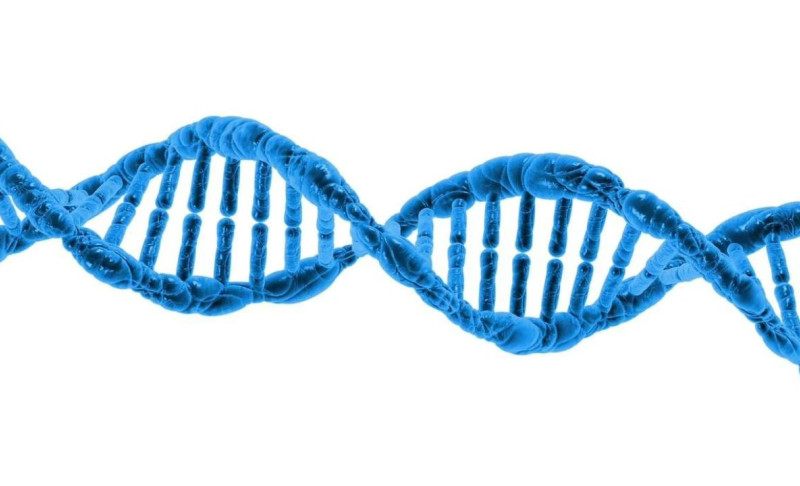
Advanced In Vitro Models - Organoids meet organs-on-a-chip
Experience the future of biomedical research! This one-week intensive course brings together the latest human-relevant in vitro models and real-world translational expertise.

Experience the future of biomedical research! This one-week intensive course brings together the latest human-relevant in vitro models and real-world translational expertise.
Through collaboration with Ombion, the Netherlands’ national centre for animal-free biomedical translation, you will explore how organoids, organs-on-chips, and advanced in vitro technologies are redefining safety, drug development and regenerative medicine.
Advanced in vitro models (AIM) are transforming biomedical science. By recreating physiologically relevant, in vivo-like tissues and organ systems, AIM technologies improve predictive accuracy, accelerate innovation, and reduce the need for animal experimentation. This year, the AIM Summer School is organized in close collaboration with Ombion, the Dutch national centre for human-based testing strategies. Ombion contributes expertise in human-relevant in vitro platforms, regulatory science, and the translation of cutting-edge models into predictive testing pipelines. Through this partnership, participants gain unique insight into how novel AIM technologies are implemented in academic, industrial, and regulatory decision-making.
During this intensive week-long programme in Utrecht, you will explore the convergence of science, technology, legislation and extrapolation modelling that shapes the future of human-based research. The course combines expert lectures, hands-on laboratory sessions, computational modelling, demonstrations, and site visits—offering a comprehensive and practice-oriented introduction to the AIM landscape. Working alongside Ombion specialists and international experts, you will learn how organoids, organs-on-chips, and enabling technologies are developed, validated and applied in biomedical research and regulatory contexts.
During this course, participants will:
This course is designed for Master’s students, PhD candidates, early-career researchers, and professionals from academia and industry who are beginning their journey in the field of advanced in vitro models, including organoids, organs-on-chips, and human-relevant testing strategies.
It is ideal for participants with a background or interest in:
Whether you are an academic researcher exploring next-generation model systems or an industry professional seeking to integrate in vitro innovations into R&D pipelines, this course provides the scientific foundation, hands-on skills, and regulatory insight needed to advance in this rapidly developing field.
The AIM Summer School offers a unique, interdisciplinary view of how next-generation in vitro models are shaping the future of science and medicine. With Ombion as a key partner, the programme provides:
Participants leave with a solid scientific foundation, hands-on technical skills, and strategic insight—preparing them to contribute to the rapidly advancing field of human-relevant in vitro modelling.
Four full days + one half day
The housing costs do not include a Utrecht Summer School sleeping bag. This is a separate product on the invoice. If you wish to bring your own bedding, please deselect or remove the sleeping bag from your order.
For this course you are required to upload the following documents when applying: